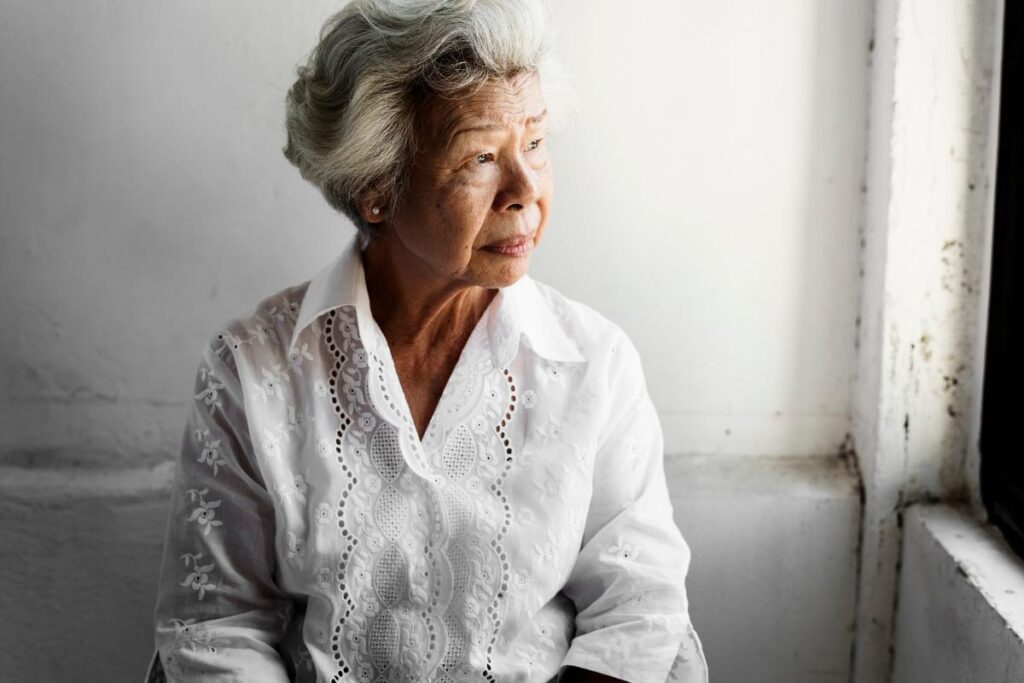Especially over the last few years, the effects of social isolation have gotten a lot of attention in the news media. One of the most important reasons to learn the warning signs of social isolation in seniors is that it can make a big difference in your older loved one’s quality of life. Many people move to a senior living community because of social opportunities. Call 214.225.6197 to speak with someone from Ventana’s caring and compassionate team about our programs for senior members that can care for their physical, mental, emotional, and social health.
Why Does Loneliness Matter So Much for Seniors?
Senior folks are often at a point in life where their children have moved out, sometimes their spouse has passed away, and they don’t get out as much as they used to. For someone who has built their life around caring for their family, it can be tough to adjust to living alone. Seniors who report feeling lonely are at increased risk of:
- Dementia
- Heart disease
- Strokes
- Psychiatric issues such as depression and anxiety
- Needing to visit the emergency room or be hospitalized
The emotional and mental impact of loneliness can be enormous. Still, you may be surprised to learn that social isolation can also put older people at risk of physical health problems.
Symptoms of Social Isolation in Seniors
Understanding what to look for regarding social isolation and loneliness in seniors can help you identify whether your loved one is at risk. Some of the common social isolation symptoms are the following:
- Issues with appetite – Seniors feeling isolated may eat less or seem uninterested in food. Good nutrition is the cornerstone of health, so any change in appetite is worth investigating.
- Irritability or angry outbursts – Seniors feeling lonely may lash out because they are embarrassed, feel left out, or as if others don’t care about their opinions. This can also take the form of withdrawing and being more negative.
- Sleep problems – Some socially isolated seniors have trouble sleeping, while others may sleep too much or lay in bed even when they aren’t sleeping.
- Shopping for things they don’t need – Using retail therapy isn’t only a senior citizen thing. However, many seniors who feel lonely will shop out of a desire to have something to do or an excuse to get out and talk to someone.
If you recognize these social isolation symptoms in yourself or an older loved one, it is time to get professional help.
Ways to Help Seniors Stay Connected and Engaged
If you have an older loved one who could benefit from some additional social connection, here are some things to try:
- Find some activities or clubs geared towards older folks that align with your loved one’s interests.
- Reach out to their spiritual community to find ways that they can be more included.
- Encourage your loved one to think about getting a pet.
- Consider the pros and cons of encouraging your loved one to move to a senior community where they can be more active and make friends.
- Ask your loved one’s doctor to evaluate them regularly for any health issues to ensure they are healthy and doing well.
Social isolation in seniors should always be noticed, observed, and dealt with—no matter the senior’s attitude about their isolation.
Avoid Social Isolation in Seniors by Counting on Ventana
At our community of vibrant, active seniors, our members take advantage of the best that life has to offer. Ventana is a luxury senior living community in Dallas, Texas, where our members get what they need to live their best lives. If you or a loved one has been thinking about making a change, contact Ventana today at 214.225.6197.

